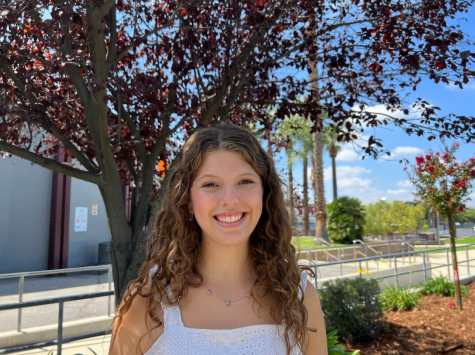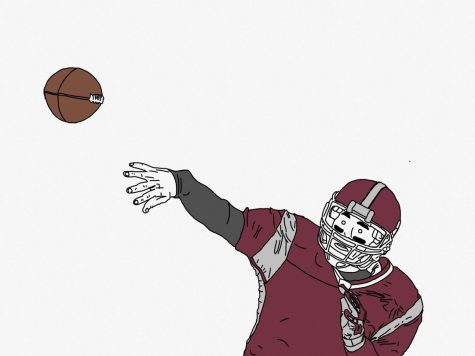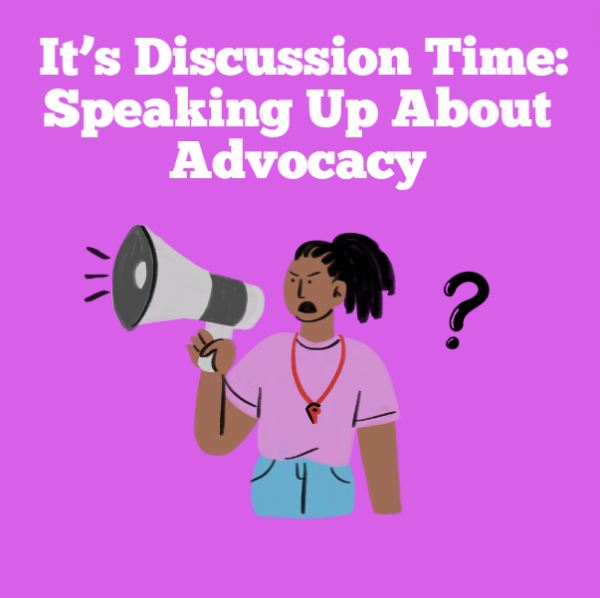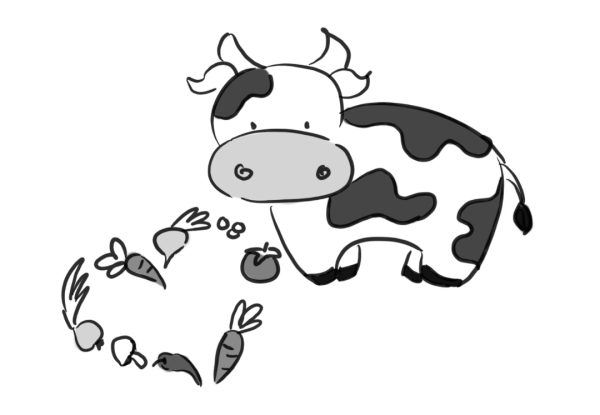The college application process has made volunteering lose its value
To volunteer is to dedicate time to a cause greater than oneself. Yet, with the increasingly competitive nature of the college application process, this meaning has become lost in translation. For most high school students who partake in community service clubs, it has very minimal connection to extending a hand to those who need it, but rather is “something I am only doing because it will look good on my college apps”. As a whole, the high school experience has evolved into four years to accumulate a catalog of what college administrators have deemed impressive. Instead of choosing activities based on self-interest, students now commit to whatever will look most impressive on paper. While this affects a variety of high school activities, community service takes in the most harm from this, as removing the selfless nature of volunteering threatens the stability of the foundation it is built upon.
High school service clubs like Interact and Key Club, which have respectable and quality intentions, are composed of two types of students. The first portion of club members joined to contribute to its genuine goal of assisting others and improving the community. Unfortunately, this tends to be the minority. The other, much larger group, consists of members who only joined as an attempt to build a more imposing college application. Though anyone who has participated in a service club will deny belonging to the superficial portion of students, they are still capable of recognizing the obvious difference between the two groups. There are those that will gladly help at any event or volunteering opportunity offered, and those whose presence at weekly meetings is a rarity. While it is important to note that some members cannot contribute often because of other commitments (which are likely also primarily for college applications), generally this is just an excuse. The whole purpose of community service is to prioritize those who need help above oneself, so students who actively avoid making time for it expose their true intentions.
Giving back is an essential aspect of building good character, which is why it is so crucial to spend time doing so as a teenager when self-discovery is prominent. However, students who are driven to volunteer in hopes of standing out in the competitive college admissions process will not reap this benefit, and instead, will pose a detriment to their integrity. This culture instills the message that helping others is strictly for creating a fabricated, “good person” image. That is the opposite of the selfless nature of community service. It also leads to desensitization towards the unfortunate circumstances that community service clubs are supposed to work towards improving. Students who join these clubs and choose to not volunteer indirectly elucidate that they care more about their image than actual injustices. Using the struggles of others as a way to gain leverage during the college application process is excessively unprincipled, yet has become so common.
Additionally, purely college-application motivated volunteering abates the desire to continue to dedicate time towards service post-high school. This burnout effect is similar to how painstakingly reading tedious books in English class destroys the chances of ever reading for pleasure, or how completing a daily mile in gym class will likely to lead to a lifelong hatred of running. If students had been encouraged to voluntarily partake in these activities for their meaningful and genuine purposes, the end result would be quite more favorable. Volunteering is the same; committing to anything for reasons not self-motivated will make it appear as a burden that once complete will be done forever. Students should not view community service as a college application box to check off and never return to, as volunteer work will forever be needed.
The competitive nature of the college admissions process has clouded the genuine importance of volunteering. Students no longer volunteer because they wish to dedicate time towards making a difference and helping those in difficult situations, but because it may serve as a ticket into college. By distorting the meaning of community service, the livelihood and authenticity of it is threatened. Volunteering has the power to make a positive impact in countless lives, but this is weakened when it is abused for selfish and superficial intent.
Hello there! Our goal is to provide relavent, engaging journalism for readers of all ages. Your donation will support the student journalists of the Wolfpacket at Claremont High School, and will allow us to purchase equipment, print our monthly issues, and enter in journalism competitions. We appreciate your consideration!

Melina Tisopulos is a senior and the Editor-in-Chief of The Wolfpacket. Melina loves to write and intends on studying journalism or English in college....













